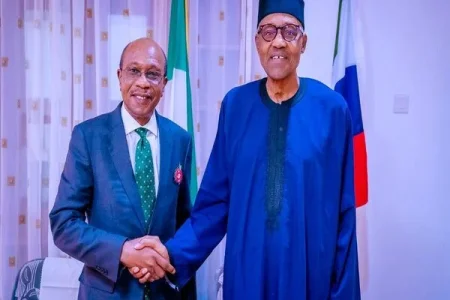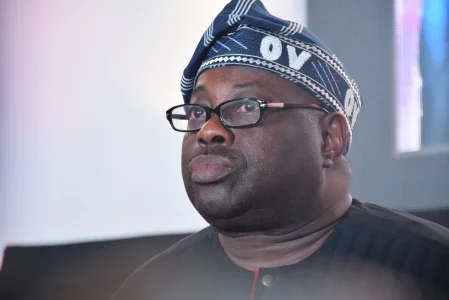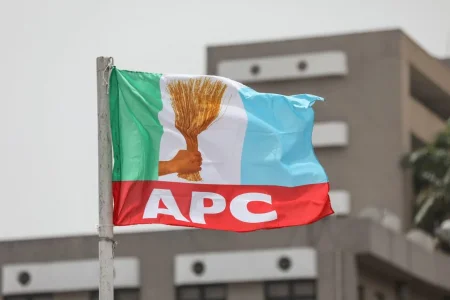
Former President Muhammadu Buhari's approval of Nigeria's naira redesign in 2022 surfaces during the trial of ex-CBN Governor Godwin Emefiele. The EFCC claims Emefiele proceeded without proper authorization. Court documents and testimonies reveal a complex narrative of approvals and technical adjustments.
In a dramatic turn of events, Nigeria’s federal government presented documents on Tuesday showing that former President Muhammadu Buhari approved the redesign of the nation’s currency in 2022. This revelation came during the trial of former Central Bank of Nigeria (CBN) Governor, Godwin Emefiele, who is facing charges for allegedly redesigning the N200, N500, and N1,000 notes without proper authorization.
The trial had previously focused on claims by the Economic and Financial Crimes Commission (EFCC) that Emefiele proceeded with the redesign without the necessary approvals from Buhari and the CBN Board of Directors. To support its case, the EFCC had earlier called Ahmed Bello Umar, a former Director of Currency Operations at the CBN, as a witness. Umar testified that the currency redesign memo was initiated in August 2022 at the direction of the CBN management.
However, the narrative shifted when EFCC lawyer Rotimi Oyedepo introduced documents, including a letter from the Chief of Staff to the President conveying Buhari’s approval for the redesign. These documents admitted into evidence without objection from the defense, included a letter dated October 13, 2022, and another from Emefiele seeking approval, which was granted by Buhari.
Further complicating the case, Umar admitted under cross-examination that the approved redesign differed from what was produced in terms of QR codes and design features. The Managing Director of the Nigeria Security Printing and Minting Company, Ahmed Halilu, testified that although Buhari approved the redesign, the actual notes printed were slightly altered by the printing company due to technical limitations.
The defense argued that all approvals were routed through the CBN, and the changes in the design were necessary and properly authorized. Despite these revelations, the EFCC maintains its stance on Emefiele’s alleged unauthorized actions, accusing him of bypassing regulatory procedures.
The court has adjourned the trial to September 19, leaving the nation in anticipation of further developments in this high-profile case.




